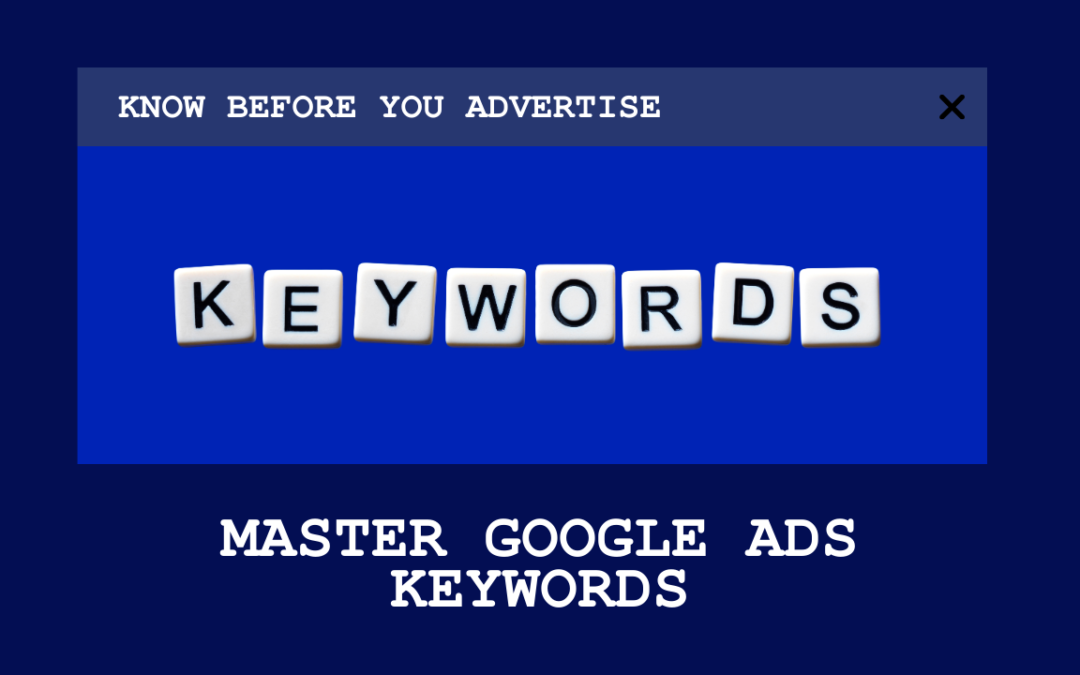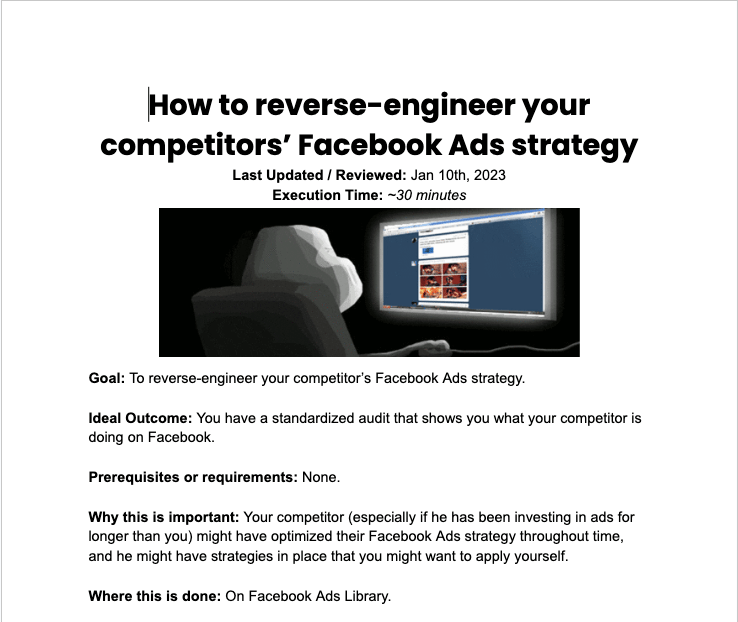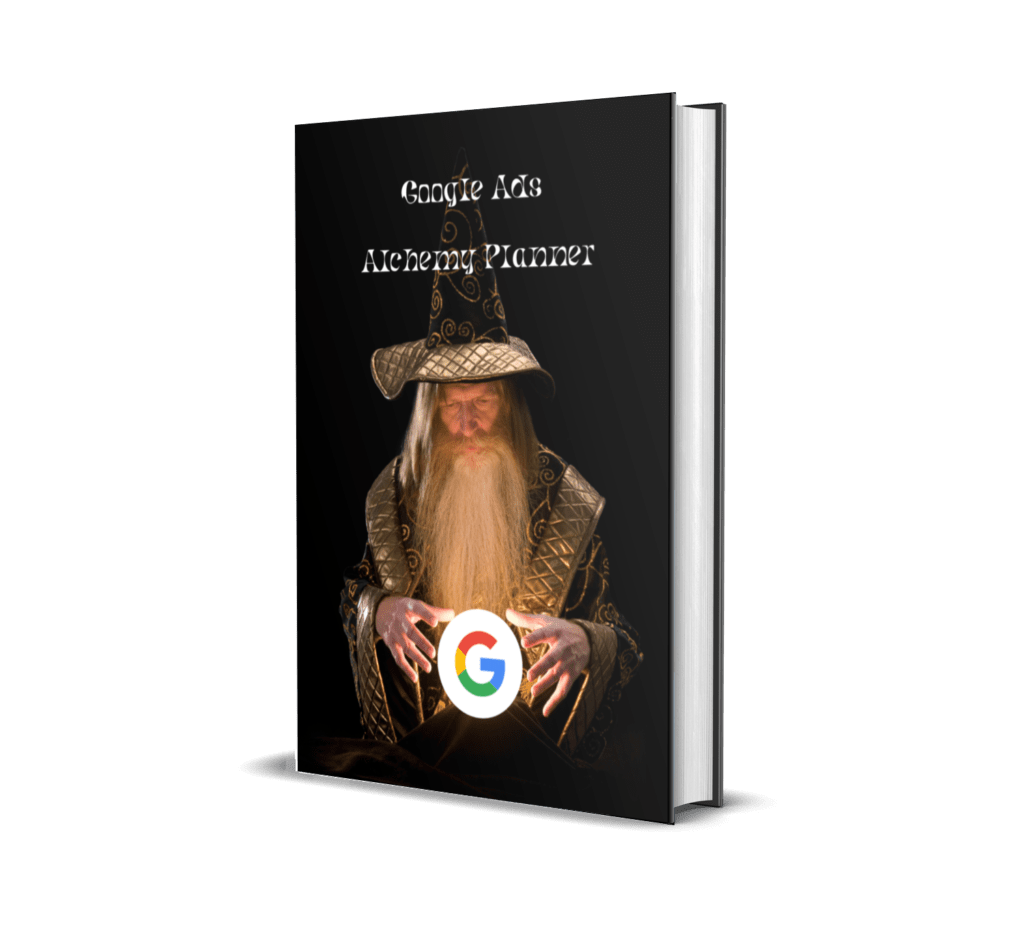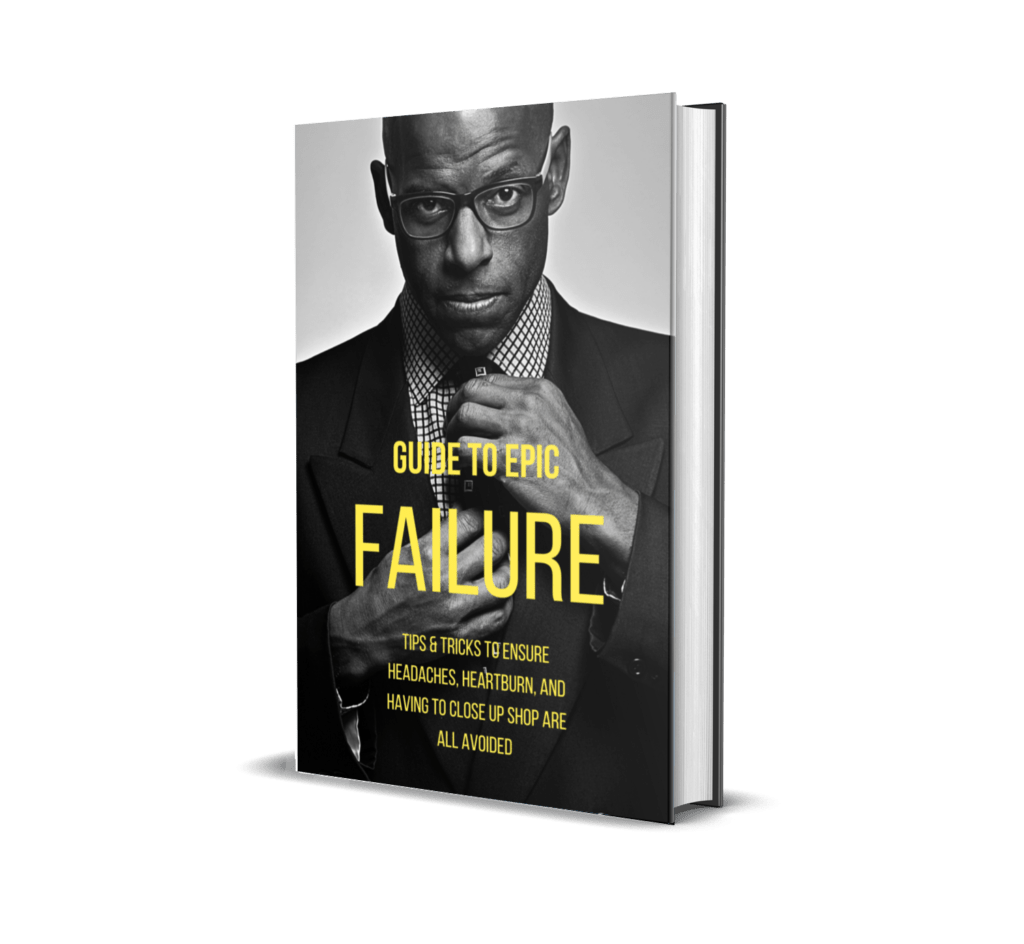A New Era of Google Ads Keywords
Picture this: it’s 2025, and Australia’s digital landscape is fiercer than ever. More than 94% of Australians are online daily, and 56% of small to medium-sized businesses (SMBs) are actively investing in digital ads to drive growth and remain competitive. The vast online ecosystem is only growing, and with AI reshaping how we interact with the internet, Google Ads remains a pivotal tool for reaching the right audience.
But here’s the thing—using Google Ads effectively isn’t just about picking keywords like it was in the early days. Today, it’s a nuanced art, influenced by machine learning, AI-driven predictions, and contextual targeting. This article is all about helping you understand the “new normal” in Google Ads keywords, going beyond the basics, and taking you into the next-gen approach for 2025.
1. Embrace AI-Driven Keyword Suggestions
The New Role of AI in Keyword Research
Back in the day, finding the right keywords was a manual task, where marketers typed in terms they thought their audience might search for. But in 2025, Google’s AI-driven keyword suggestions have transformed this process, giving you an automated advantage. Thanks to machine learning, Google’s algorithms don’t just provide keyword suggestions—they anticipate the best options for your target audience based on historical data, user behavior trends, and emerging search queries.
Why It Matters
When AI analyses millions of searches per minute, you get suggestions that would take hours (or even days) to uncover manually. Google’s AI can even anticipate seasonal trends and align with Australian events—for example, how Australians search for travel during holiday seasons or for retail in the lead-up to big shopping events like Black Friday.
Expert Tip – Leverage AI, but Add Your Own Flair
Use Google’s AI suggestions as a foundation, but add in your unique business insights. For instance, if you run an outdoor adventure company, Google might suggest popular but general terms. Look for ways to integrate niche, local keywords relevant to Australian-specific activities like “best hikes NSW summer 2025” or “camping gear Melbourne” for a deeper impact.
2. Double Down on Long-Tail Keywords for Cost Efficiency
Long-Tail Keywords are Your Cost-Effective Allies
With more Australian businesses fighting for online ad space, long-tail keywords—those longer, more specific phrases—are a way to keep costs manageable. These keywords are typically cheaper and less competitive, offering you high intent and better conversion rates. For instance, rather than targeting a broad term like “running shoes”, try more specific phrases like “best trail running shoes for beginners Australia 2025” to connect with users further down the buying funnel.
Why It Matters
In 2025, the ad landscape is getting crowded. Large companies have large budgets, which means SMBs need to find budget-friendly keywords that still drive clicks and conversions. Long-tail keywords cater to Australians searching with purpose, allowing your ad spend to go further.
Expert Tip – Create “Micro-Intent” Long-Tail Keywords
Micro-intent phrases target users with very specific needs, such as “affordable waterproof tents for Sydney beach camping”. These target a niche but highly motivated audience and can reduce competition from more generalised search phrases.
3. Keyword Match Types: Finding the Sweet Spot of Precision and Automation
Navigating Google’s New Keyword Match Types
In 2025, Google’s keyword match types are better at finding the balance between precision and automation. Broad match, phrase match, and exact match still exist, but Google’s AI now provides even more control and flexibility to interpret these keywords in context. This means if you’re running ads for “eco-friendly landscaping services,” broad match might show your ad for searches like “environmentally friendly garden design.”
Why It Matters
Match types are crucial because they impact your ad reach and cost. The right match type lets you reach the most relevant audience without blowing through your budget on irrelevant clicks. Google’s improvements to phrase and exact matches mean your keywords remain precise but not overly restrictive.
Expert Tip – Test and Measure to Find Your Ideal Match Type Combination
Experiment with different combinations. For instance, phrase match for high-traffic terms like “solar panel installation Sydney” and broad match for niche services like “solar panel repair Illawarra.” By fine-tuning, you can reach the right audience while managing spend.
4. The Shift to Semantic and Contextual Targeting
Google Understands the Intent, Not Just the Keyword
In 2025, semantic and contextual targeting mean Google is less concerned with the exact phrasing of keywords and more focused on understanding the meaning behind them. With advancements in natural language processing (NLP), Google Ads can now interpret the intent and context behind search queries more accurately than ever. For example, a user typing “best eco-home builders in Australia” might trigger ads that include phrases like “sustainable construction experts” and “green building contractors.”
Why It Matters
This shift is powerful because it moves away from rigid keywords and focuses on the intent. If your ad is contextually relevant to a broader set of queries, it’ll show up even when exact keywords aren’t there, giving your campaigns more flexibility and reach.
Expert Tip – Use Keyword Clustering for Better Contextual Relevance
Create clusters of keywords around your main topics instead of individual terms. For example, if your business is in renewable energy solutions, group keywords like “solar power for homes,” “green energy systems,” and “off-grid living solutions” to cover a wide array of search queries without limiting your ads to one phrase.
5. Voice Search and Conversational Keywords are Here to Stay
Optimising for the Rise in Voice Searches
Voice search has finally hit mainstream adoption, and Australians’ voice search use is rising, particularly on mobile devices and smart home speakers. Keywords in 2025 need to reflect natural language queries and question-based phrases—the type of searches people would say rather than type. For instance, rather than simply “coffee near me,” voice search users may ask, “Where can I find organic coffee in Melbourne?”
Why It Matters
Voice search tends to prioritise local, conversational, and question-based keywords. Adopting these types of keywords lets you capture voice search traffic that’s growing in Australia, especially among younger demographics.
Expert Tip – Create FAQ-Based Ads to Target Voice Searches
Think about common questions your audience might ask and develop keywords around these. For a dental practice, this might mean targeting “how to find an affordable dentist in Sydney” rather than simply “dentist Sydney.” By anticipating questions, you can improve your chances of showing up in voice search results.
6. Prioritise User Intent Over Exact Query Matches
Understanding User Intent for Better Keyword Relevance
In 2025, user intent trumps exact keyword matches. The focus should be on aligning your ads with what users want, whether they’re looking for information, making a purchase, or navigating to a location. Rather than relying solely on exact keywords, understanding intent lets you optimise for informational, transactional, or navigational searches.
Why It Matters
When you align keywords with the intent behind them, your ads resonate better with users and see higher conversion rates. For instance, someone searching “compare eco-friendly paint options” is in an informational stage, so an ad for a guide or article may work better than a direct product ad.
Expert Tip – Segment Keywords by Intent to Match Your Ads to the Right Stage
Use informational keywords like “how to choose eco-friendly paint” for top-funnel awareness. For mid-funnel (comparison) searches, try “best eco-friendly paints Australia” and “eco paint cost calculator.” Tailor your ads according to these segments to reach users at different decision stages.
Stay Agile in a Changing Google Ads Landscape
2025 brings an era of opportunity for Australian businesses willing to stay ahead of the curve. The game is no longer just about finding keywords—it’s about understanding the layers of AI, intent, semantic targeting, and conversational language to craft a campaign that resonates. By adopting these insights, you’ll make the most of Google’s evolving landscape, keeping your ads relevant, cost-effective, and results-oriented.
Remember, Google Ads is always evolving, and so should your keyword strategy. Keep testing, refining, and, most importantly, learning from what works and what doesn’t. Happy advertising!
Wishing you epic advertising wins,
 Red
Red
Drop us a Line 📞 🗝 (02) 42444411
Follow Us on Social ⏬⏬








